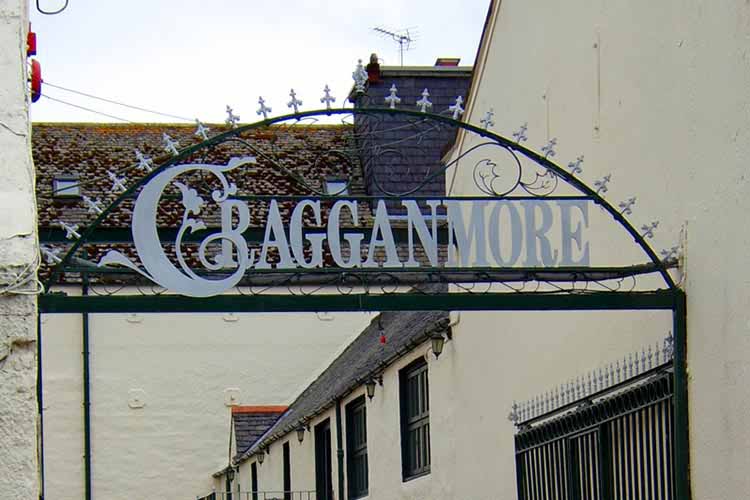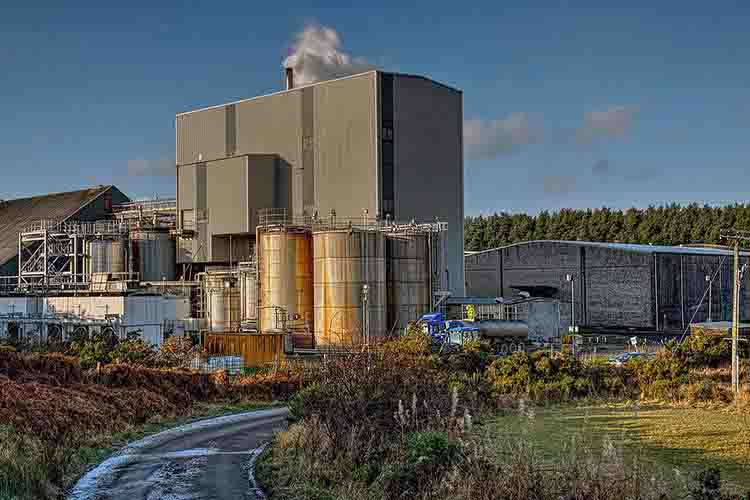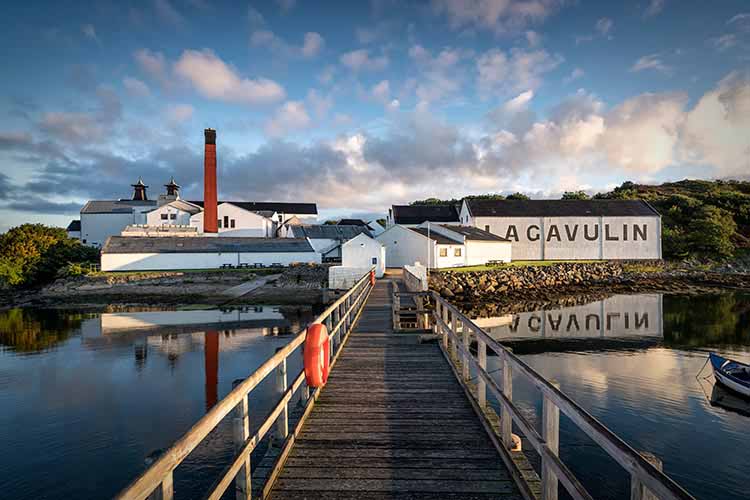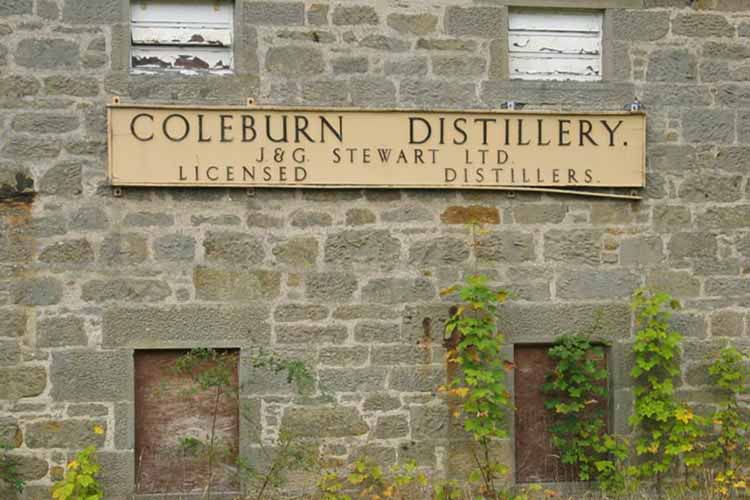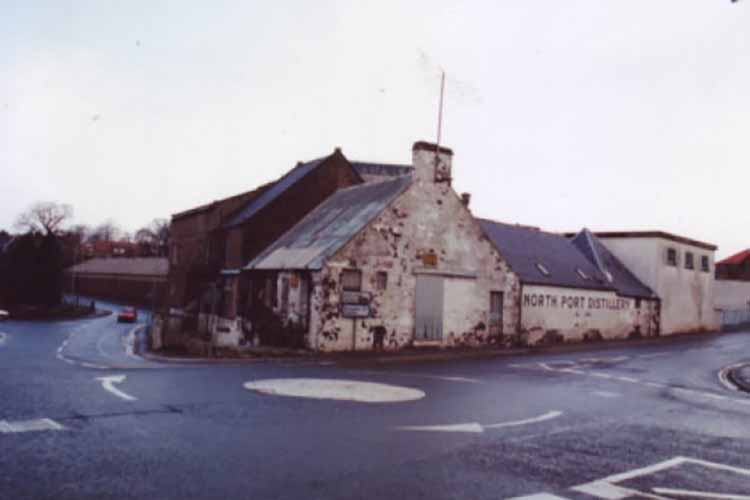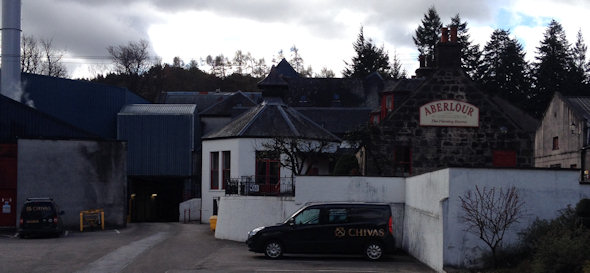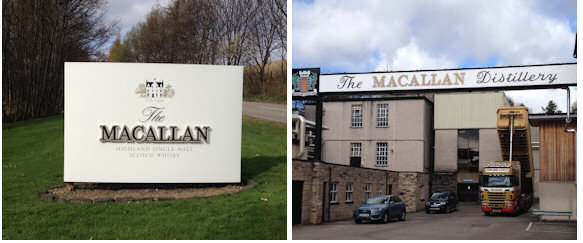Brexit and Scotch: What dooes it mean for the Scottish Whisky: 3th August, 2016
With the result of the UK deciding the leave Europe on the 23rd June 2016, the Scottish Whisky Association has released a press release for what we know so far. There is a long way to go down the road of Brexit but below they have stated some fascinating points and is a must read for everyone within the Scottish Whisky Industry.
 Since UK voters decided that the UK should leave the European Union, the Scotch Whisky Association has been busy consulting members on what that means for one of the country’s most significant industries and exporters.
Since UK voters decided that the UK should leave the European Union, the Scotch Whisky Association has been busy consulting members on what that means for one of the country’s most significant industries and exporters.
More than 90% of Scotch Whisky produced is sold outside the UK. Indeed, Scotch Whisky is the biggest single net contributor to the UK’s balance of trade in goods, and without this contribution the UK’s trade deficit would be over 10% larger. Moreover, of the £3.8 billion worth of Scotch exported last year, £1.2bn – almost a third of the total - was shipped to the EU.
So, as global traders, the industry is taking a very close interest in the arrangements for trade after Brexit. The Scotch Whisky Association (SWA) has a wealth of knowledge and experience of EU and global trade and legal issues, built up over many years. We are ideally placed to advise on the post-Brexit options that will be best for the UK economy and its position on the world stage.
Here the SWA sets out the potential consequences of Brexit for Scotch – including challenges and opportunities – and what action the industry wants to see from governments.
1. We can be confident certain things will not change, whatever the future arrangements:
-
Scotch Whisky will not face a tariff on exports to the EU. 0% is the current EU tariff and World Trade Organisation (WTO) rules mean it won’t change.
-
In many markets Scotch will also continue to benefit from existing zero tariffs, for example in the US, Canada, and Mexico, as these are offered to all countries already. In many other markets that already demand high tariffs, for example India, Brexit will not make the situation any worse.
-
We will be able to protect Scotch Whisky across the EU and globally to the extent we can now, although the precise mechanisms for some markets will have to change, and we will have to put other measures in place to ensure continuity.
2. Other things will definitely change:
-
As for other UK , there will be new administrative requirements - rules of origin - for exports to the EU.
-
The UK will eventually lose access to the EU’s Free Trade Agreements (FTAs). Unless there are transitional arrangements, Scotch will lose significant tariff reductions in certain markets, notably Korea, South Africa, and Colombia and Peru. The UK will eventually need to negotiate its own FTAs or rely, as the EU largely does with most countries, on WTO rules.This will take a major upgrade of capacity within the UK Government and can’t be done quickly.
-
We will no longer be subject to EU rules on excise duty or VAT.
3. There are some major uncertainties:
-
The Government has not yet been clear whether it is looking for the UK to have European Economic Area (EEA) status, like Norway, or a more distant relationship based on a Free Trade Agreement with the EU, like Canada or Switzerland. The key difference is that EEA status keeps most EU single market laws in force in the UK, at the price of accepting free movement and a budget contribution. An FTA relationship means Britain would need its own rules in these areas.
-
The difference is crucial because many laws setting out the rules for Scotch and the food and drink sector generally are made at European level – for example rules on the definition of whisky, food labelling, bottle sizes, and so on. If these laws are to be rewritten it will make Brexit more complicated and the industry will need to start planning now.
4. So the Scotch Whisky industry priorities are as follows:
-
a UK trade policy that is as open and free trading as possible;
-
Broad clarity on the nature of the future arrangement that is sought with the EU, so we know how much new legislation to expect;
-
agreement with the EU on practical arrangements enabling us to export Scotch Whisky to and across Europe as simply as possible. We will also need new UK legislation for customs enforcement and interception of counterfeit goods;
-
Existing FTAs’ provisions to be subject to transitional arrangements, or to be ‘grandfathered’ (ie continue application to the UK after Brexit). This will need an understanding with the EU and with the third countries concerned;
-
Over the medium term, UK development of its own network of trade agreements with non-EU countries;
-
reflection on a new excise duty regime that is fairer to Scotch Whisky and taxes alcohol more rationally across categories; and
-
No further burdens on business at such a sensitive time.
We urge government in Edinburgh and London to work closely with us and to put in place mechanisms that allow vital industries such as Scotch Whisky a seat at the table.
David Frost, Scotch Whisky Association chief executive, said: “Scotch Whisky is one of the UK’s most successful exports. We are calling on the UK Government to bring clarity to the transition to Brexit as soon as possible, and to negotiate to ensure that the current open trading environment is not affected. Finding practical ways forward on export practicalities and on free trade agreements should be high on the agenda as negotiations begin in the coming months. We plan to play an active role in influencing this whole process to ensure that Scotch remains a product enjoyed across the globe.”
<< Back to all the latest whisky news brought to you by Planet Whiskies
Distillery of the Month: March/April 2024
Tomintoul Distillery Tour

Planet Whiskies had a fantastic trip up to the Speyside Whisky region of Scotland in February 2024 to visit Angus Dundee Distillers Tomintoul Distillery within the Cairngorms National Park. Then, after the distillery tour and tasting, which was hosted by Iain Forteath, the master blender of Tomintoul, our press group travelled and stayed the night at the recently bought country home of Tomintoul House in the Aultmore Estate (previously called Aultmore House). Planet Whiskies has made the Tomintoul Distillery, Distillery of the Month for both March/April 2024. Read more Planet Whiskies Tomintoul Distillery Tour
Distillery of the Month: February 2024
Bushmills Distillery Tour

Planet Whiskies visited the new Bushmills Distillery in Northern Ireland on the 25th and 26th of September. Read our review of the experience of Bushmills and Northern Ireland at Planet Whiskies tour of Bushmills and Northern Ireland
You can also read the whole section about Bushmills Distillery at Bushmills Distillery Information on Planet Whiskies... So Bushmills was Planet Whiskies Distillery of the Month title for January/February 2024
Drams Delivered To Your Door
Drams Delivered To Your Door - The World’s Biggest Whisky Club Drops New Monthly Subscription Service

Whisky enthusiasts can now take their passion to the next level and have exceptional cask strength single malt whiskies delivered to their doors every month thanks to The Scotch Malt Whisky Society's new 'Drop & Dram' subscription service.
Click for more details
Whisky Tasting Sets
Stay Connected
Get Newsletter
Subscribe to our newsletter to get latest news, popular news and exclusive updates.
Latest Whisky News
Find out more about Scottish Distillery
Planet Whiskies Distillery Tours
Master Distillers Q&A
-

Keith Law: Master Distiller of Diageo
There are now two special pages on this website all about the views of Keith Law, the Master Distiller at Diageo. First page is about Blended Whisky and Food and the second page is a question and answer session relating to Keith's past experiences.... VIEW ANSWERS


















